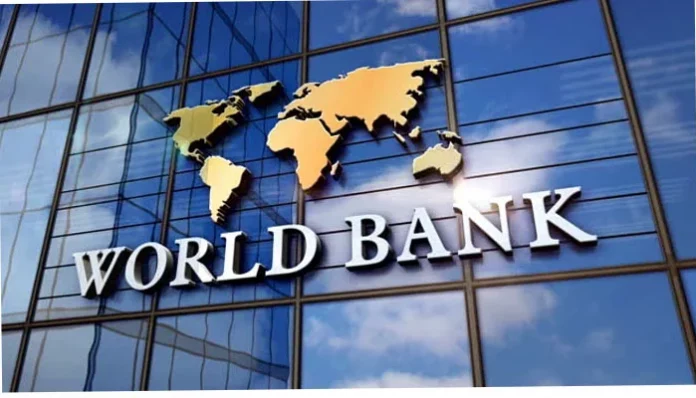
Achieving Gender Equality Requires Amendment Of Laws And Policies – World Bank1 min read


The World Bank (WB) has said that gender equality is an urgent imperative hence should be achieved.
The Bank explained that the world is experiencing an unprecedented set of crises with disproportionately negative impacts on women, girls, sexual and gender minorities, and marginalized groups.
At stake is the fundamental human right of gender equality for all people, a matter of fairness and justice, the Bank noted.
“It is a foundation for a peaceful and prosperous world and essential for development. Yet achieving gender equality is uniquely challenging and complex,” it observed.
Suggesting how to achieve gender equality, the World Bank said in a publication on its X platform that “It calls for changes spanning country laws and policies, public and private sector activities, and personal lives. Growing evidence on the wide-ranging negative impacts of gender constraints, and on how to address them, can inspire and inform the way forward.”
To that end, the proposed WB Gender Strategy 2024-30 puts forward the bold ambition to accelerate gender equality for a sustainable, resilient, and inclusive future in alignment with the World Bank Evolution Roadmap.
The Strategy responds to the global urgency, fundamentality, and complexity of achieving gender equality.
“Building on implementation of the WB Gender Strategy 2016-23, the new strategy proposes to engage with greater ambition – approaching gender equality for all as essential for global development – and to engage differently.
“The WB Gender Strategy 2024-30 proposes a focus on innovation, financing, and collective action to end gender-based violence, elevate human capital, expand and enable economic opportunities, and engage women as leaders.
The Strategy, according to the Bank, is being shaped by extensive and inclusive engagement with public and private sector clients, development partners, civil society and other key stakeholders, and will be formally launched in 2024.


















